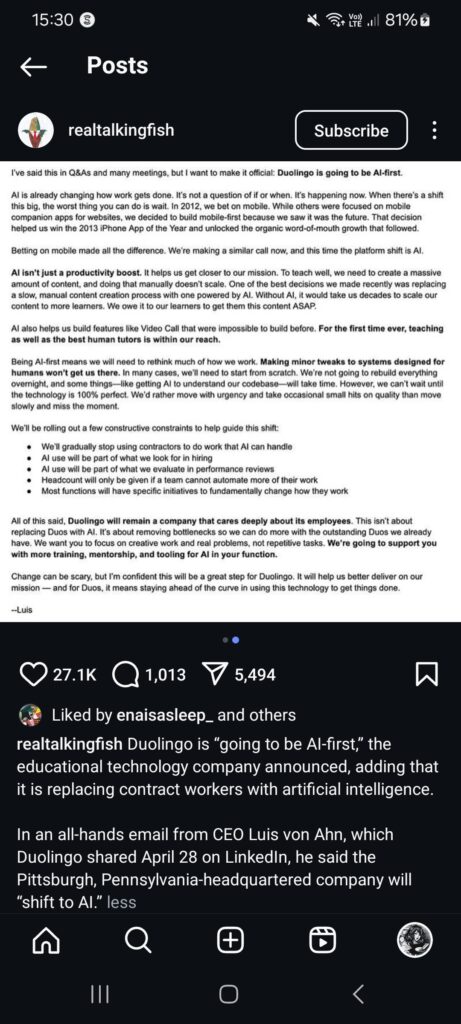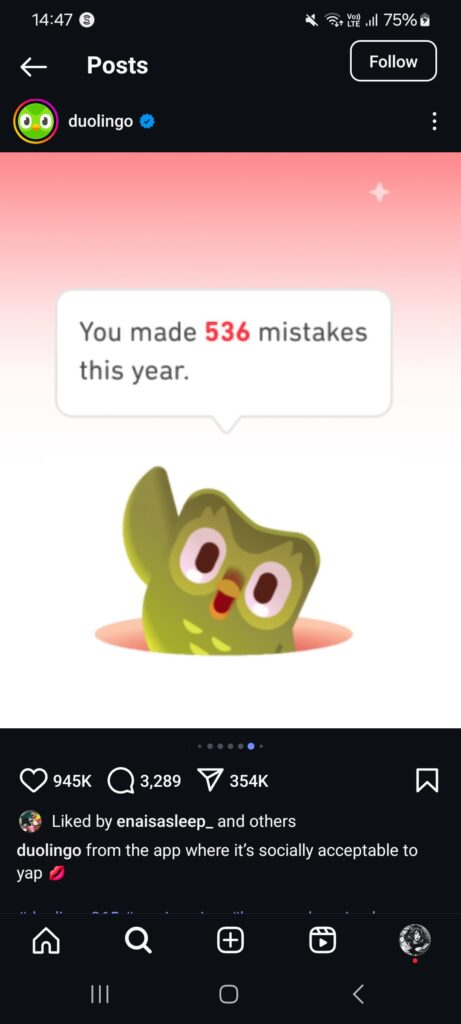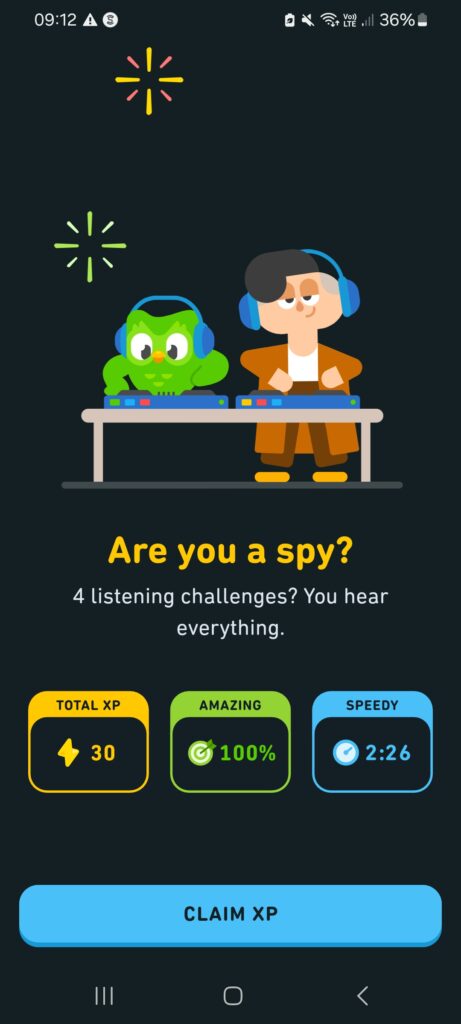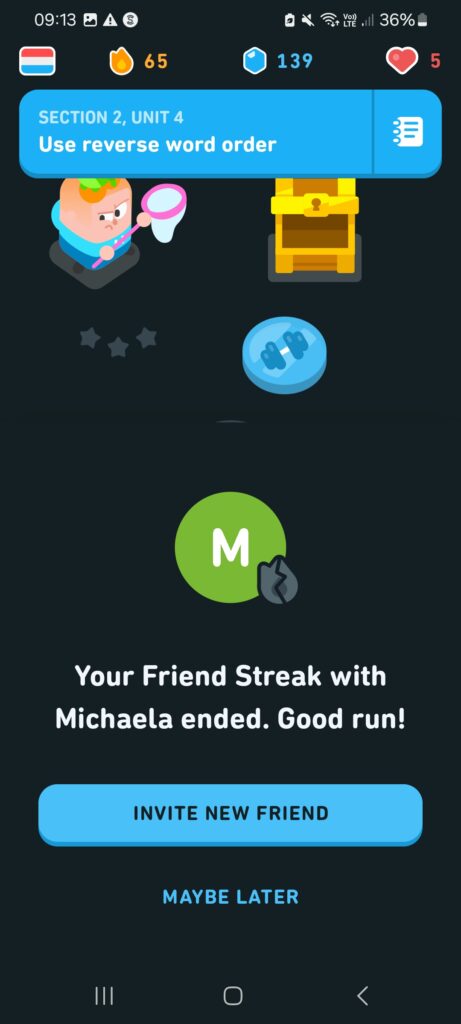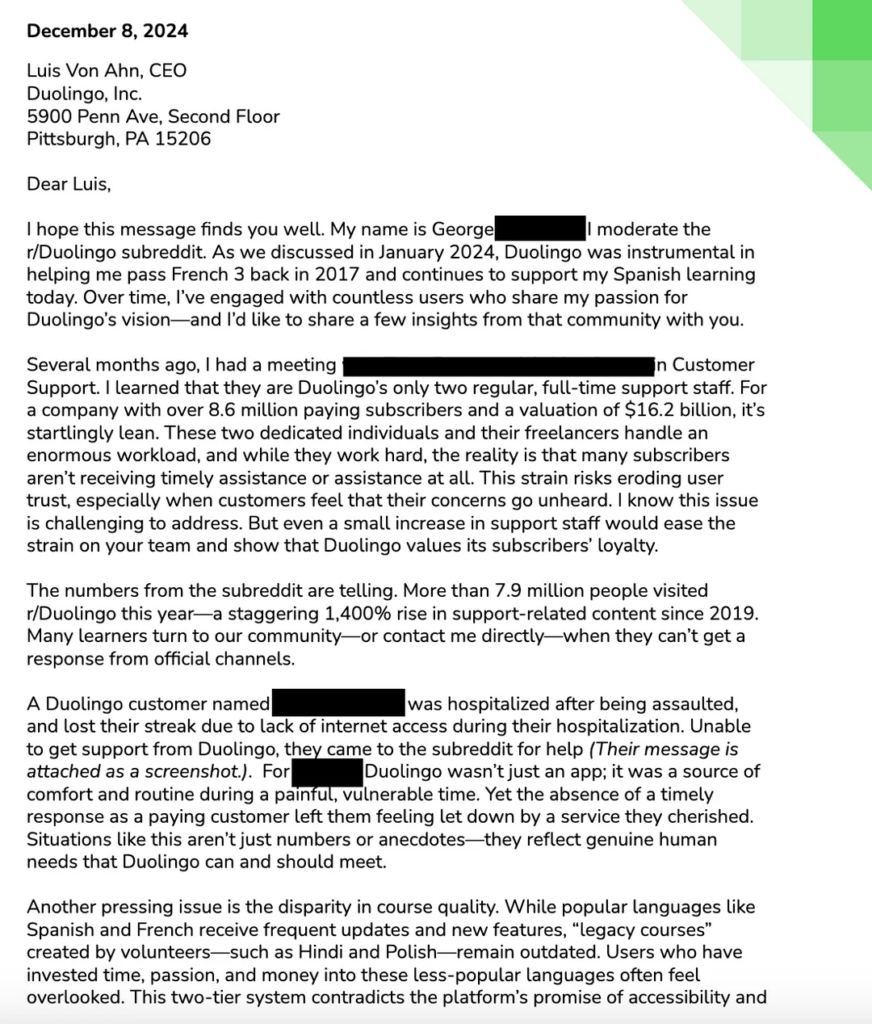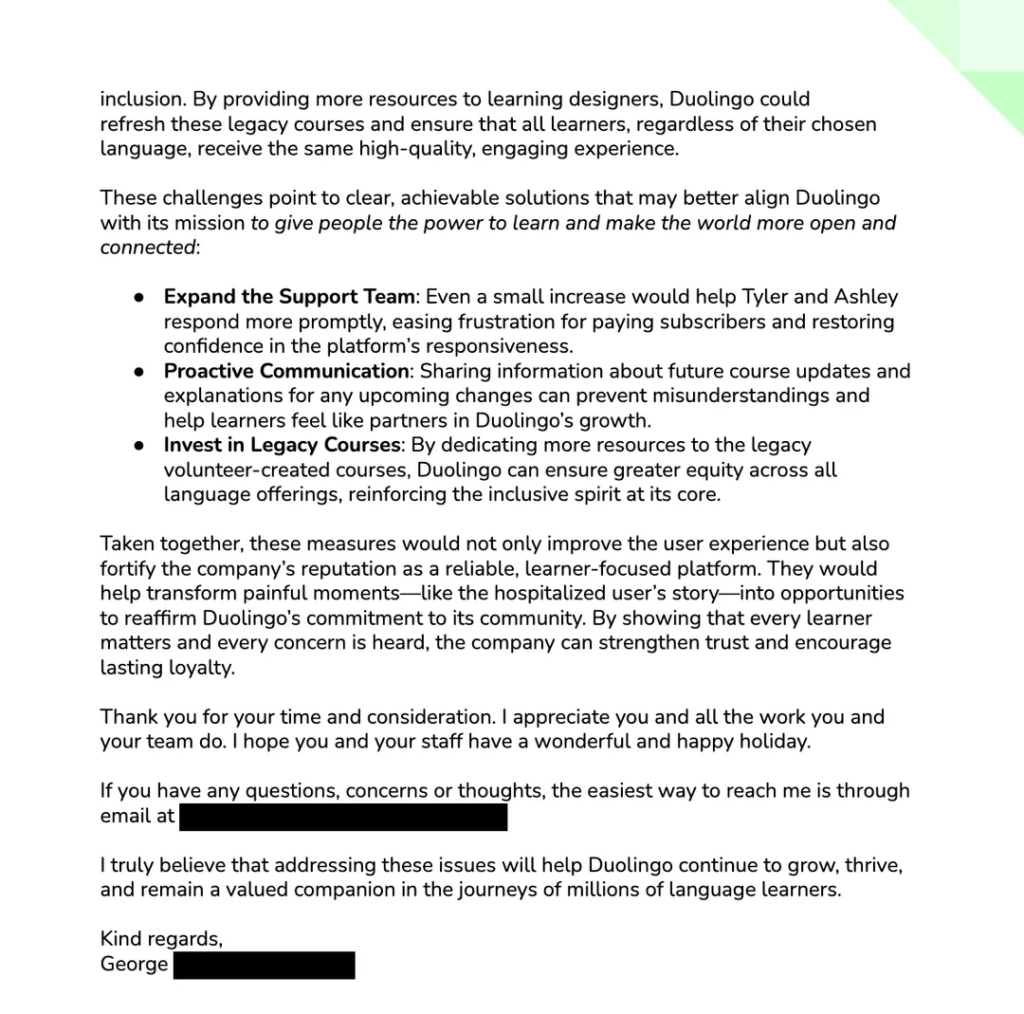Topics being covered in broadcast:
- Duolingo switch to AI and its gimmicks
- Tuvalu sinking/first large-scale effect of climate change + metaverse
- Vue cinema showing decline + increasing prices + upcoming movies
How will this broadcast comply with Ofcom guidelines?
https://www.ofcom.org.uk/tv-radio-and-on-demand/broadcast-standards
https://www.ofcom.org.uk/tv-radio-and-on-demand/broadcast-standards/broadcast-code
Duolingo:
Duolingo’s mission statement and approach, according to their website:
Personalized education.
Everyone learns in different ways. For the first time in history, we can analyze how millions of people learn at once to create the most effective educational system possible and tailor it to each student.
Our ultimate goal is to give everyone access to a private tutor experience through technology.
Making learning fun.
It’s hard to stay motivated when learning online, so we made Duolingo so fun that people would prefer picking up new skills over playing a game.
Universally accessible.
There are over 1.2 billion people learning a language and the majority are doing so to gain access to better opportunities. Unfortunately, learning a language is expensive and inaccessible to most.
We created Duolingo so that everyone could have a chance. Free language education – no hidden fees, no premium content, just free.
Duolingo is used by the richest man in the world and many Hollywood stars, and at the same time by public schools students in developing countries. We believe true equality is when spending more can’t buy you a better education.
Our teaching approach
We believe that anyone can learn a language with Duolingo. Our free, bite-size lessons feel more like a game than a textbook, and that’s by design: Learning is easier when you’re having fun.
But Duolingo isn’t just a game. It’s based on a methodology proven to foster long-term retention, and a curriculum aligned to an international standard. Let’s explore how language learning happens with Duolingo!
Real-life communication
Language is ultimately a communication tool. Duolingo takes a functional approach by focusing on what learners actually want to do with a language.
Lessons focus on a real-life goal — for instance, ordering at a restaurant. Learners develop the vocabulary and grammar needed to achieve that goal through lots of varied practice in reading, writing, listening, and speaking.
Standout content
Along with commonly used phrases like “¿Dónde está el baño?” (Where is the bathroom?), Duolingo learners also encounter sentences like “Tu oso bebe cerveza” (Your bear drinks beer).
Why the quirky sentences? They’re memorable and more fun to learn. Our unexpected content also pushes learners to think carefully about the language they’re learning.
A balanced approach
Duolingo allows learners to discover patterns on their own without needing to focus on language rules — the same way you learned your first language as a child. This approach, called “implicit learning,” is ideal for developing a strong foundational knowledge of a language and its rules.
But explicit instruction is useful for some concepts. So Duolingo offers both! In addition to lessons, learners can access Tips for explanations on grammar, pronunciation, and helpful phrases.
Personalization
With over 500 million learners, you’d think personalized instruction would be tough to pull off. But we’re up for the challenge! Machine learning algorithms are always at work to serve up learning material at just the right difficulty level for each learner.
What is a contract worker?
A contract worker is someone who is engaged by an employer under a contract for services, but is not considered an employee. They work for a specific duration or on a project basis, typically with fewer employment rights and benefits than regular employees.
A contract employee is different from a permanent employee, who may work full- or part-time, receive employment benefits, be entitled to protections under certain employment laws, and other key differences.
News/info links:
Real Reason Behind Duolingo Owl’s Death Revealed As Dua Lipa Reacts
It’s Time To Get Concerned As More Companies Replace Workers With AI
Going ‘AI first’ appears to be backfiring on Klarna and Duolingo
Duolingo Is Bringing New ‘Energy’ to Language Learning
Why Duolingo isn’t helping you learn a foreign language
Duolingo lays off staff as language learning app shifts toward AI
Duolingo Says AI Completed Work in 12 Months that Took Humans 12 Years
Tuvalu: The disappearing island nation recreating itself in the metaverse
